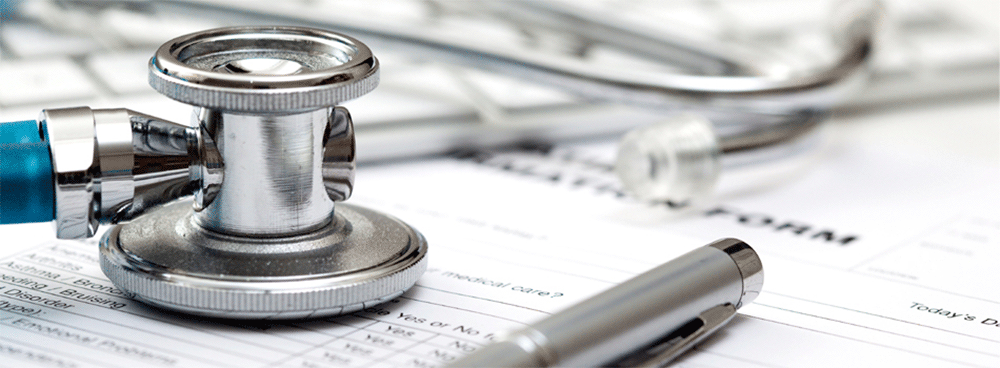**Title: Understanding EMS Medical Billing: Everything You Need to Know**
**Introduction:**
In the fast-paced world of Emergency Medical Services (EMS), medical billing plays a crucial role in ensuring that providers are compensated for the life-saving services they provide. EMS medical billing involves coding and invoicing for ambulance services, emergency medical treatment, and transportation to healthcare facilities. In this comprehensive guide, we will explore everything you need to know about EMS medical billing, including its importance, challenges, and best practices.
**Importance of EMS Medical Billing:**
1. **Ensuring Financial Viability:** Proper billing practices are essential for EMS agencies to receive timely payment for their services, ensuring financial stability and sustainability.
2. **Compliance:** EMS billing must be done in compliance with complex healthcare regulations, such as HIPAA and CMS guidelines, to avoid legal issues and penalties.
3. **Patient Care:** Accurate billing practices contribute to better patient care by reducing billing errors and ensuring that patients are billed correctly for the services they receive.
**Challenges in EMS Medical Billing:**
1. **Complexity of Codes:** EMS services are categorized using specific codes, such as HCPCS Level II and CPT codes, which can be complex and challenging to navigate.
2. **Documentation Requirements:** Proper documentation of medical necessity and patient care is crucial for accurate billing, but it can be time-consuming and prone to errors.
3. **Insurance Reimbursement:** Dealing with insurance companies for reimbursement can be a tedious process, with different payers having varying requirements and timelines.
**Best Practices for EMS Medical Billing:**
1. **Invest in Training:** Ensure that staff are properly trained in coding, documentation, and billing practices to minimize errors and maximize reimbursement.
2. **Use Technology:** Implement EMS billing software and electronic health record systems to streamline billing processes, improve accuracy, and track claims efficiently.
3. **Regular Audits:** Conduct regular audits of billing procedures and documentation to identify areas for improvement and ensure compliance with regulations.
**Case Study:**
*ABC EMS Agency improved its revenue cycle by implementing a comprehensive EMS billing training program for its staff. As a result, the agency saw a 20% increase in collections and a decrease in billing errors.*
**Practical Tips for EMS Billing:**
– Ensure that all patient care documentation is accurate, complete, and compliant with billing standards.
- Stay updated on changes in healthcare regulations and coding guidelines to avoid billing errors.
– Develop a clear billing policy and communicate it to patients to prevent misunderstandings and disputes.
**Conclusion:**
EMS medical billing is a critical aspect of the healthcare industry that ensures EMS providers receive proper compensation for their services. By understanding the importance of billing, addressing common challenges, and implementing best practices, EMS agencies can improve their revenue cycle, enhance patient care, and maintain compliance with healthcare regulations. Stay informed, stay organized, and prioritize accuracy in EMS medical billing to achieve success in this vital aspect of emergency medical services.



